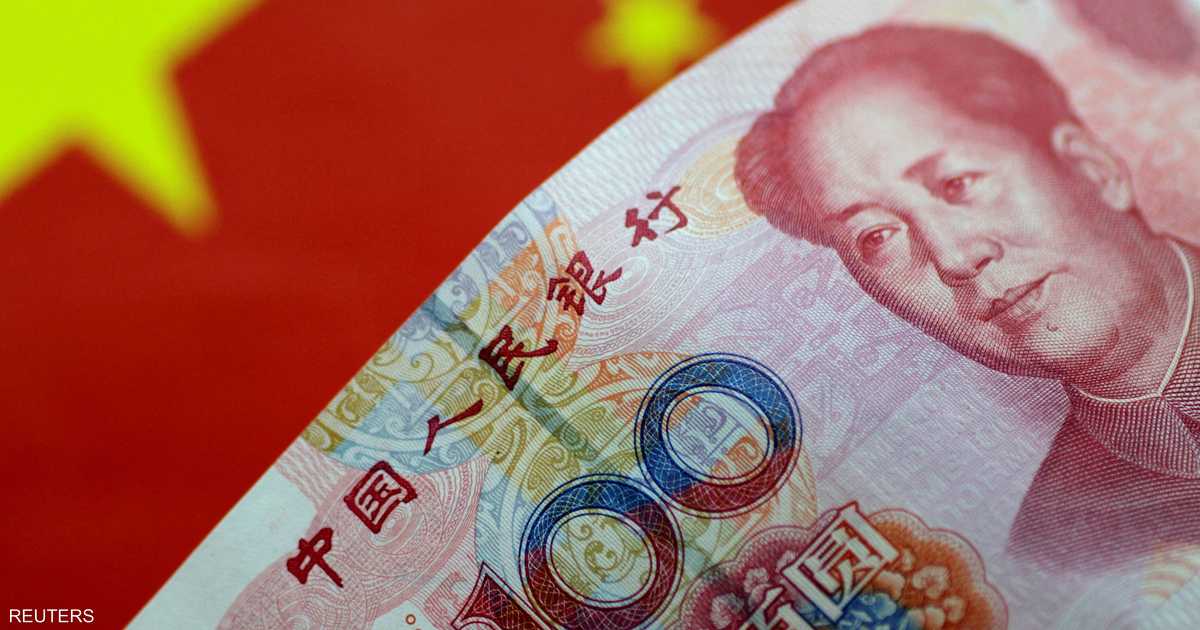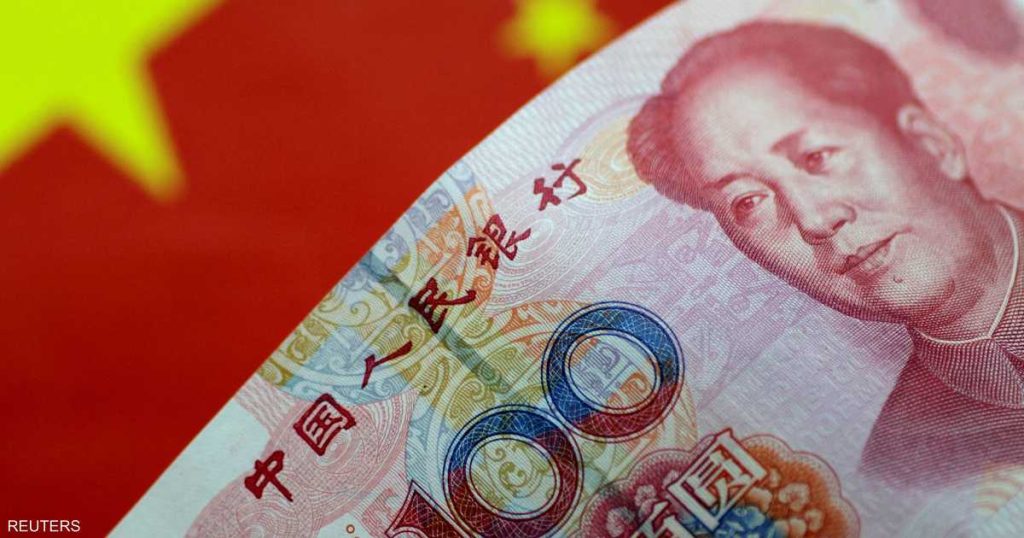The Chinese yuan is on an upward trajectory reflecting new dynamics in global markets and raising questions about the balance of power between Washington and Beijing. This rise is linked to political and economic signals that go beyond mere exchange rate movements.
The improvement in the Chinese currency comes at a time when the US dollar is under increasing pressure, driven by expectations of upcoming monetary policies in the United States and growing concerns about public debt burdens. Meanwhile, Beijing is trying to present a different image based on strong economic fundamentals and expanding trade partnerships.
Recent developments reveal that the yuan’s movements result from both internal and external interactions placing the Chinese currency at the heart of the international financial equation, making it an instrument with both economic and geopolitical dimensions.
Key Points
- The Chinese currency has risen to its highest level against the US dollar since Donald Trump won the US presidential election in November last year.
- The yuan, which had sharply weakened against the dollar in recent years, has risen by 2.3% this year to 7.14 yuan per dollar.
- Strategists believe the yuan’s rise could be significant for Beijing’s trade negotiations with Washington.
- The Trump administration had labeled China a “currency manipulator” during the president’s first term.
Mitul Kotecha, Head of FX Strategy and Emerging Markets at Barclays, said: “China is sending a signal to the US… Beijing wants to show it will not devalue its currency.”
This rise comes even as the yuan has underperformed currencies like the euro and yen, which have risen 13.2% and 6.2% respectively against the dollar this year.
The Financial Times quoted Andrew Tilton, Chief Economist for Asia-Pacific and Head of Emerging Markets Research at Goldman Sachs, saying: “It seems highly likely that US officials have discussed this issue and encouraged countries to allow their currencies to appreciate.”
Main Factors
Chinese journalist Suad Yai Shin Hua told Sky News Arabia Economy website that the yuan’s rise did not come out of nowhere but resulted from several factors, most notably the weakening dollar, China’s strong economic fundamentals, and changing market expectations. The dollar’s decline is the most direct external reason behind the yuan’s strength.
Internationally, expectations of Federal Reserve interest rate cuts played a major role in pressuring the dollar, especially after recent US jobs data, strengthening market conviction that the Fed may begin cutting rates in September with about a 90% probability.
Financial and political factors in the US also undermined confidence in the dollar, with US government debt surpassing $36 trillion, burdening public finances with huge interest costs.
Domestically, China’s economic fundamentals provided a solid base supporting the yuan’s strength. In the first seven months of 2025, Chinese exports grew by 6.1% despite global trade complexities. Increased exports to the EU, Latin America, and Africa offset declines to the US market, showing notable resilience and competitiveness in market diversification.
China continued its path of innovation and high-quality development, maintaining national economic stability and supporting market confidence in the yuan. Recovery in domestic capital markets also boosted the currency, with increased foreign capital inflows into yuan-denominated assets. The central bank’s reference exchange rate rose by 0.64% in August, sending a positive message to markets and strengthening the currency both domestically and internationally.
In conclusion, the yuan’s rise is a dual result of external factors, mainly the dollar’s decline, and internal factors stemming from China’s economic strength. Looking ahead, the start of a US Fed rate-cutting cycle combined with China’s stable and growing economy may ensure the yuan maintains its strength and gives global investors more confidence.
Hedge Funds
Hedge funds are intensifying their bets through options contracts, indicating that the yuan’s rise against the dollar still has room for further gains, according to a Bloomberg report. Demand for options profiting from yuan appreciation has increased, with investors targeting levels of 7 yuan per dollar or stronger by year-end, driven by growing confidence in China’s political support and shifting US interest rate expectations.
Sorab Tandon, Global Head of FX Options at Standard Chartered Bank in Singapore, said: “We have seen increased demand for bets on a weaker dollar versus the yuan, especially from hedge fund clients.” He added that implied volatility for pairs, especially shorter-dated contracts, has declined due to weak actual volatility in recent months, making put options an attractive trade.
Multiple Reasons
Financial markets expert Hanan Ramses told Sky News Arabia Economy website that several reasons explain the yuan’s outperformance against the dollar, especially after Donald Trump’s election, both in his first and second terms. Trump is known for adopting economic war policies by imposing tariffs, particularly on China as the biggest competitor to the US economy, creating economic instability that negatively affected the dollar’s strength against a basket of currencies.
Additionally, the Chinese central bank plays a pivotal role in supporting the yuan and enhancing its global economic standing. China does not discriminate between countries in investment partnerships, investing across various markets, which increases its investment volume and reliance on its local currency.
She added that Trump’s repeated pressure on the Federal Reserve to cut interest rates despite ongoing inflation negatively affected US bond yields, prompting China, as one of the largest investors, to reduce its holdings, further weakening the dollar.
She also noted China’s focus on investing in gold, supporting its economy and financial position, thereby strengthening its currency. Moreover, China adopts economic policies encouraging the transformation of the household sector into a productive sector, making its economy more productive compared to many other countries.













Recommended for you
Exhibition City Completes About 80% of Preparations for the Damascus International Fair Launch
Talib Al-Rifai Chronicles Kuwaiti Art Heritage in "Doukhi.. Tasaseem Al-Saba"
Unified Admission Applications Start Tuesday with 640 Students to be Accepted in Medicine
Egypt Post: We Have Over 10 Million Customers in Savings Accounts and Offer Daily, Monthly, and Annual Returns
Al-Jaghbeer: The Industrial Sector Leads Economic Growth
His Highness Sheikh Isa bin Salman bin Hamad Al Khalifa Receives the United States Ambassador to the Kingdom of Bahrain